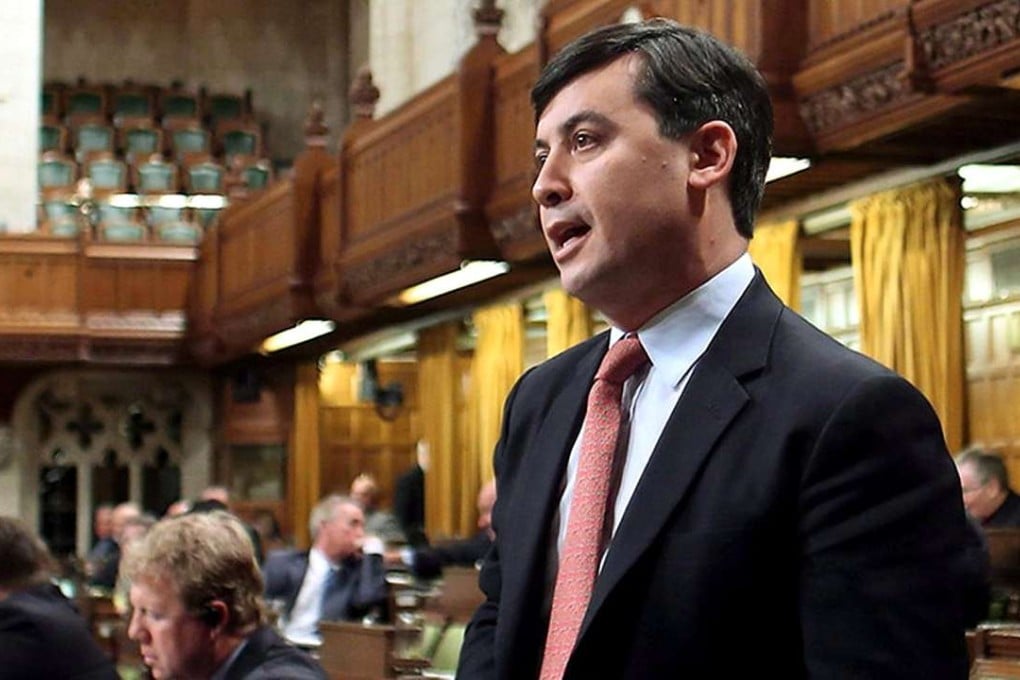The Hongcouver | Could this be Canada’s first ethnic Chinese prime minister?
Michael Chong is taking a stand against ‘divisive social issues’ in his bid to become Tory leader and, one day, the country’s PM

Michael Chong, who wants to be the new leader of Canada’s Conservative Party and the country’s first ethnic Chinese prime minister, says his story starts in Hong Kong.
At a conference in February, Chong illustrated the point to a roomful of conservatives by showing two photos. He was sketching a vision for the party that would later see him launch his bid to replace ex-prime-minister Stephen Harper, who stepped down after losing last year’s federal election.
Canada’s former Tory PM Stephen Harper quits politics after 18 years in public service
One photo showed Chong with wife Carrie and their three boys on their farm outside Fergus, Ontario. The second, a black and white 1929 portrait, showed his grandparents and their children, stiffly posing in Chinese silks in a Hong Kong studio. Chong’s grandmother was pregnant at the time with his father, Paul.

Twelve years after that photo was taken, Chong told his audience, his “Canadian story” began with the Battle of Hong Kong in December 1941, when the Royal Rifles of Canada tried in vain to defend the city against Japanese invaders. Impressed and touched, Paul Chong would set sail in 1952 to become a Canadian himself.
“My father never forgot the battle or the fact that Canadian soldiers came to the defence of him and his family,” Chong told This Week in Asia this month. “I remember him telling us about a poignant time between the end of the battle and before the prisoners were taken away to POW camps… He never forgot the sight of those Canadian soldiers sitting on the kerbstones.”

